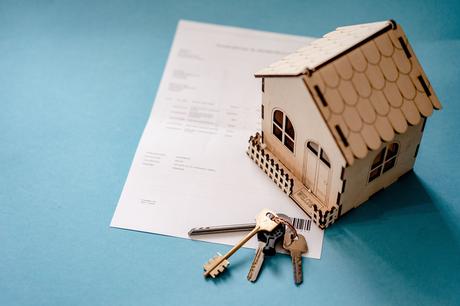If you’re looking to give your family finances an overhaul, then it’s time to start seriously considering what you can do to improve not just your circumstances now, but where your money is going to be in the future. To that end, we’re going to look at the importance of an investment strategy, how you can use it, and how you can get started with it.
 Image - Pixabay License
Image - Pixabay LicenseInvest with a goal
Before you start, you should think about the reasons that you might want to invest. There are different objectives you can aim for, whether it’s building an additional income through things like rental properties or dividends, or saving up for your retirement by putting your money in reliable, appreciating assets. Whatever the case, having clear goals is going to make it easier to find the opportunities that best suit your needs.
Have an investment budget
You’re not going to conjure the money that you invest out of thin air, it needs to come from the capital that you already have or the income that you’re going to be making. As such, you should create a budget that leaves room for you to take some money aside to put into an investment fund. A lot of people overestimate how much money it really takes to get started with investing. If you have any money you can set aside, you can put it to work for you.
Diversification is crucial
When you do start investing in assets, you want to make sure that you choose where your money goes carefully. It’s not about choosing the “right investment,” it’s about creating a balance between different investments. For instance, rather than just putting into stocks or bonds, you can ensure you have some money put in investment property, as well. That way, if the markets turn on one of those assets, your investments across the board aren’t as likely to be affected.
Mind your costs
Investing in any given asset is always likely to come with a cost. For investing in stocks, there might be fees for the investment platform that you’re using. Buying and investing in property always comes with fees, as well as things like property management costs. You should always factor those costs into your plans as, if certain assets become more expensive to manage than they are profitable to keep, it can be a problem.
Have an exit plan
As mentioned, some assets can become a burden to hold onto. Others can bring a golden opportunity if you’re able to sell them at the right time. Make sure that you know how to get the ball rolling on the sale of any given asset. Not all of them are as easy to liquidise as the rest. For instance, the property can take a while to sell, which can necessitate working with a real estate agent.
With the tips above, you can make sure that you’re able to start taking some control over the future of your finances. Your fortunes don’t have to be tied so tightly to your income, you can build yourself a real nest egg.

